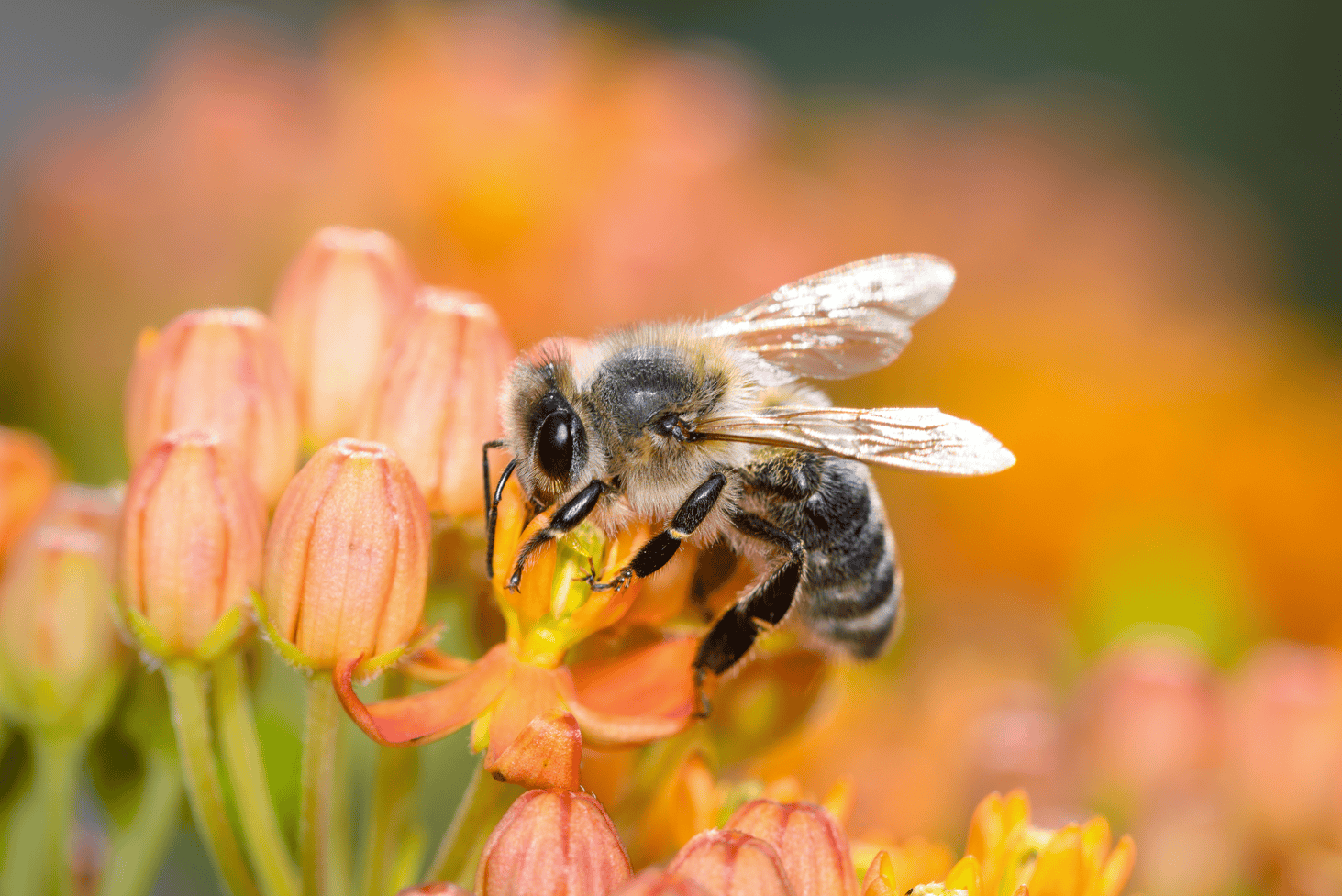Biodiversity
Why It Matters and How We Can Help Protect It
Every year on May 22nd, the world marks the International Day for Biological Diversity—a moment to recognize the richness of life on Earth and the urgent need to protect it. But this is more than symbolic. In its latest Global Risks Report, the World Economic Forum ranks biodiversity loss and ecosystem collapse as the second most severe global risk by impact over the next decade—only behind climate inaction.
This growing alarm reflects a deeper reality: the decline of biodiversity threatens the systems that support not only nature but also our economies, health, and way of life.

What is Biological Diversity?
Biodiversity, or biological diversity, refers to the variety of life on Earth. This includes diversity within species (genetic), between species, and of ecosystems. From forests and oceans to grasslands and wetlands, biodiversity is what makes Earth habitable and resilient.
It also includes the intricate relationships and processes—like pollination, nutrient cycling, and food webs—that sustain life.
Why is Biodiversity Important?
Biodiversity underpins everything we rely on:
- Ecosystem services: It ensures clean air and water, regulates climate, supports soil fertility, and helps manage natural disasters like floods and droughts.
- Food and agriculture: A variety of species and healthy ecosystems make food systems more resilient to pests, diseases, and climate change.
- Human health: Many modern medicines originate in nature. Biodiversity also helps reduce the risk of disease outbreaks by maintaining balanced ecosystems.
- Economies and livelihoods: Nature-based sectors—such as farming, forestry, and tourism—depend on biodiversity. Its loss increases operational, regulatory, and financial risks for businesses.
- Cultural value: Nature plays a vital role in spiritual, cultural, and community identity around the world.
But we are rapidly crossing ecological limits. In 2024, scientists confirmed that six of the nine planetary boundaries—which define the Earth’s “safe operating space”—have already been exceeded, with a seventh boundary in jeopardy. These thresholds help maintain the stability of life-supporting systems, including climate, freshwater, and ecosystems.
At the root of this are unsustainable patterns of production and consumption, driving climate change, pollution, and biodiversity loss—a combination the UN refers to as the Triple Planetary Crisis. Pollution alone has become the largest environmental risk factor for disease and premature death worldwide, disproportionately affecting low- and middle-income countries, which suffer 92% of pollution-related deaths and the greatest economic burdens.
When biodiversity erodes, we risk collapsing the natural systems we depend on for health, food, water, and stability.
What Can We Do to Preserve Biodiversity?
- Tackling biodiversity loss requires urgent and collective action:
- Protect and restore ecosystems – Conserve natural habitats and invest in reforestation, soil regeneration, and wetland restoration.
- Consume sustainably – Choose products with lower environmental footprints, reduce waste, and support biodiversity-friendly practices.
- Support science-based policy and business practices – Encourage regulations and corporate action aligned with ecological limits.
- Integrate nature into business strategies – Companies must understand their dependencies and impacts on nature and take proactive steps to address them.
- Raise awareness and collaborate – Cross-sector cooperation is essential to reversing nature loss.
How CEMAsys Supports Nature-Positive Strategies
At CEMAsys, we work closely with organizations to help them understand and act on their nature-related risks and opportunities. We support our clients with reporting and disclosure through frameworks like the Taskforce on Nature-related Financial Disclosures (TNFD) and CDP Forests.
In addition, we help companies set Science-Based Targets for Nature, enabling them to align their operations with global environmental thresholds and reduce their impact on ecosystems. By embedding biodiversity into a business strategy, our clients can mitigate risks, build resilience, and contribute to a nature-positive future.
Protecting biodiversity isn’t just good for the planet – it’s essential for long-term business success and societal well-being. The time to act is now.

Frida Rudbo
Frida is the Global Marketing Manager at CEMAsys, specializing in inbound marketing, strategy, and content creation. With a background in digital marketing and business development, she simplifies complex topics and stays ahead of industry trends.
See full profileRelated insights
Nothing found.
